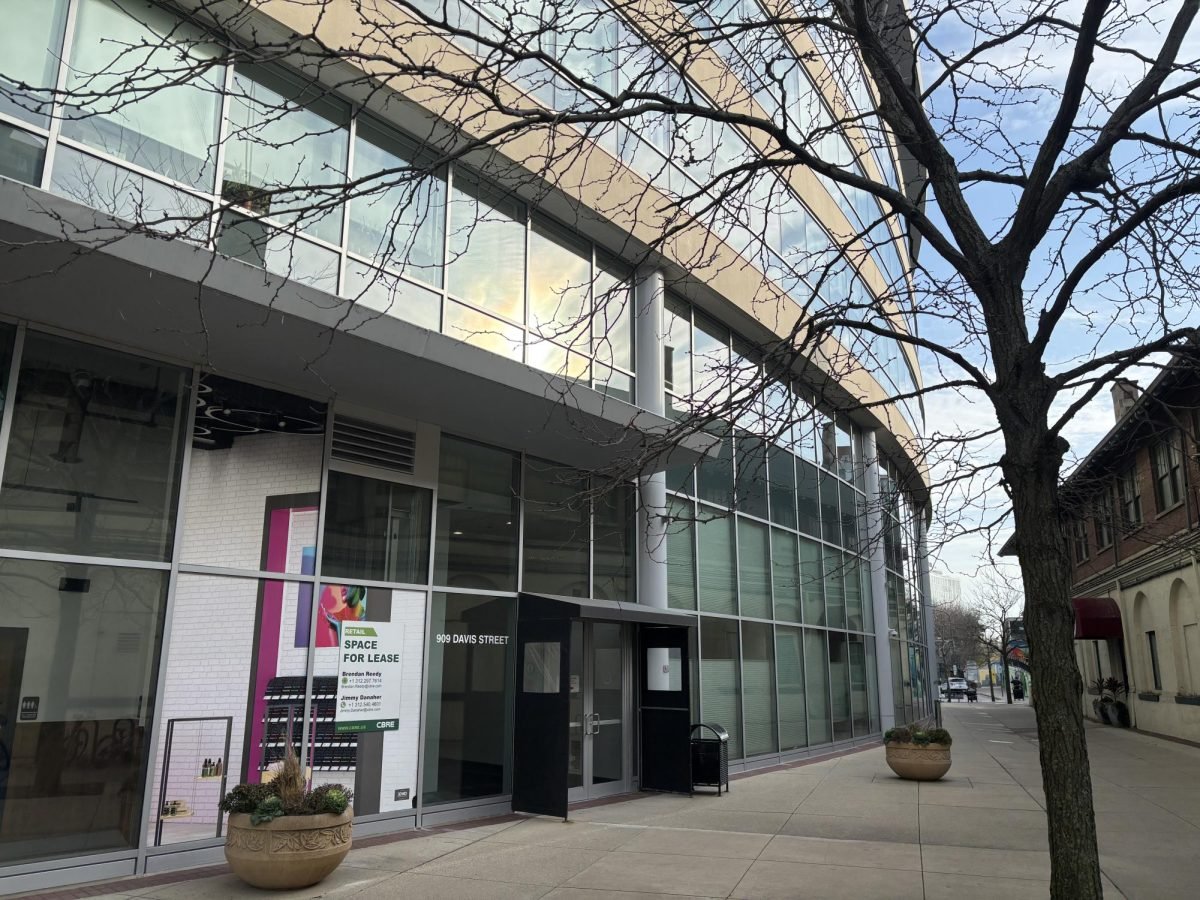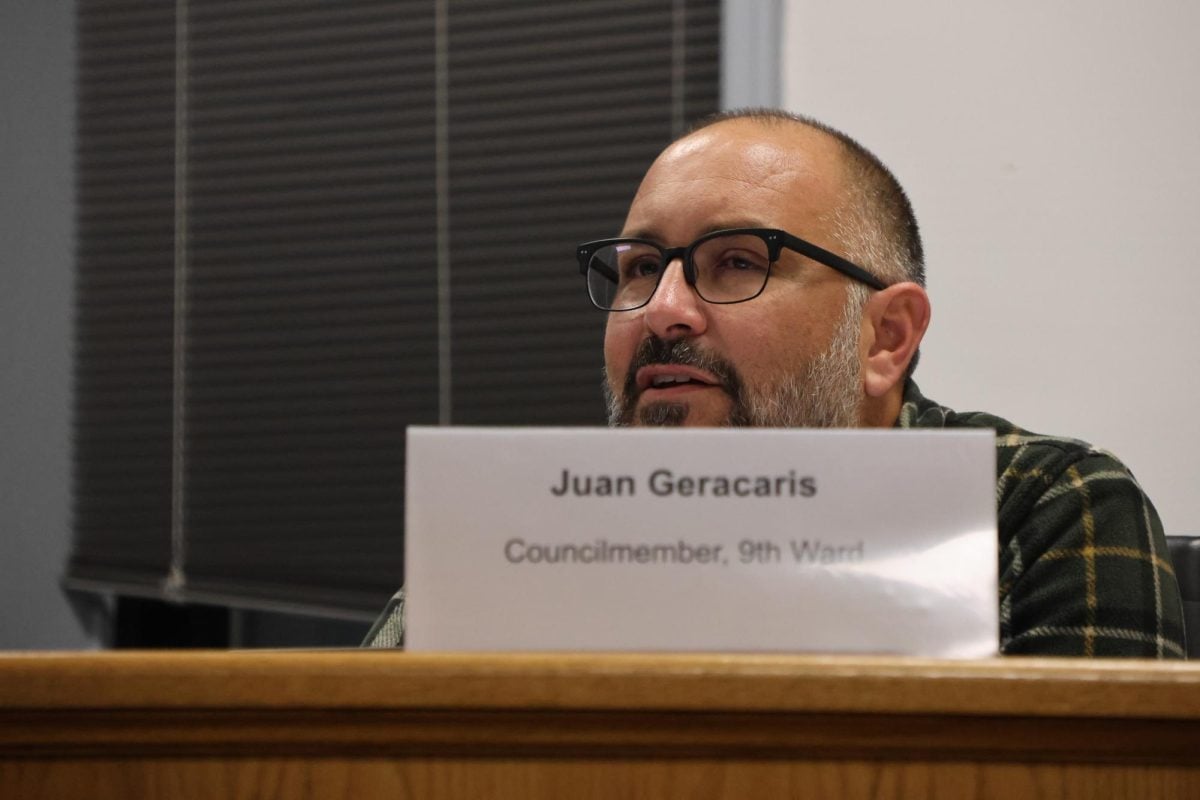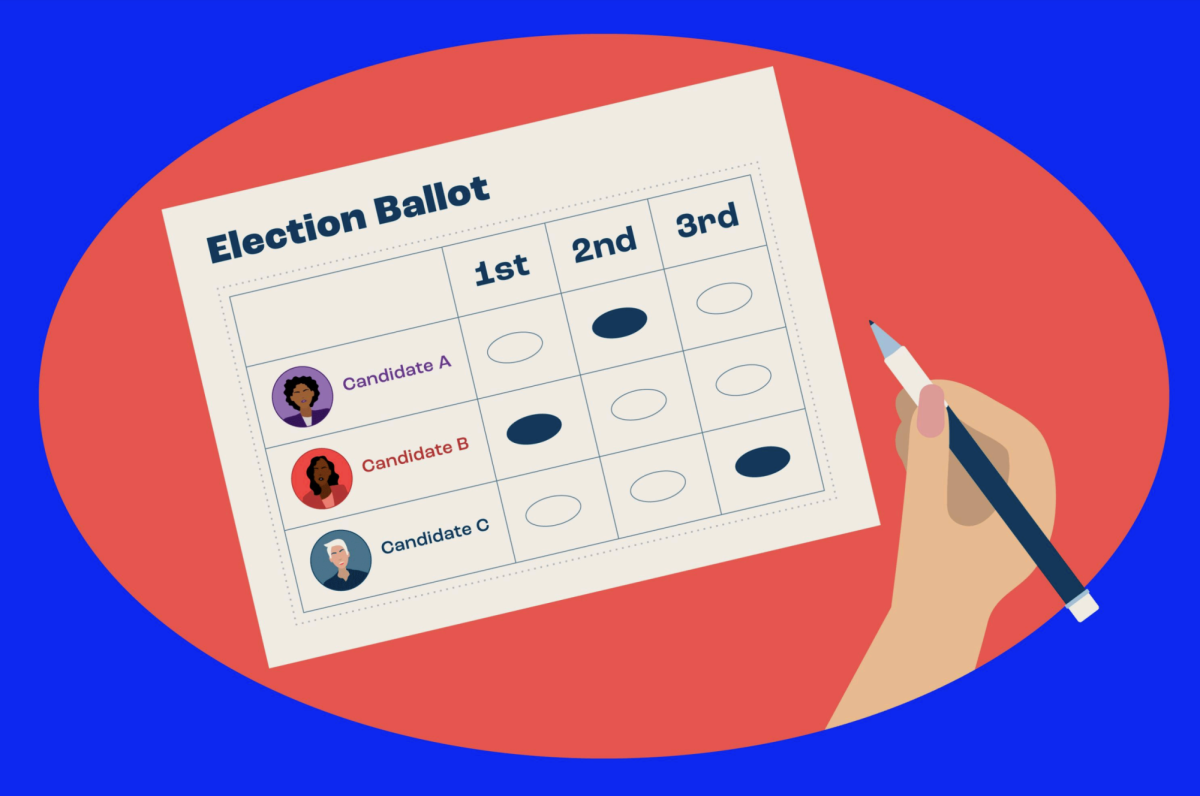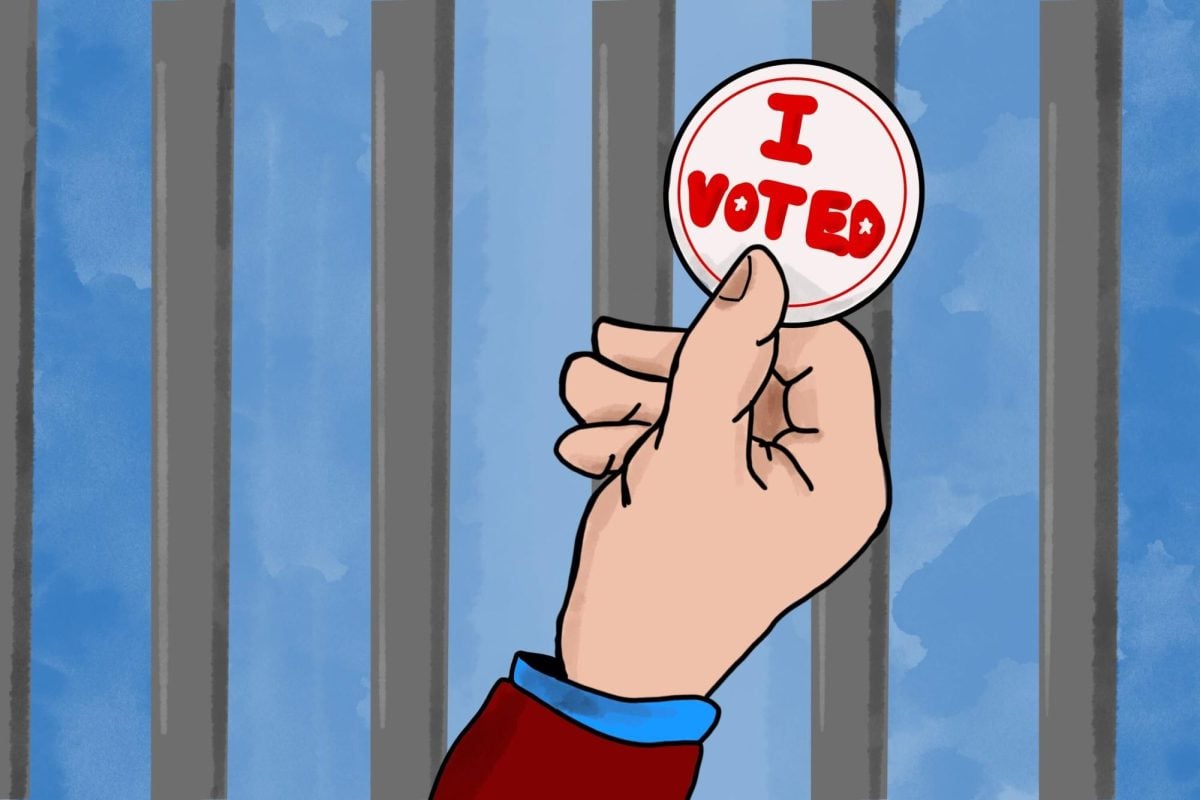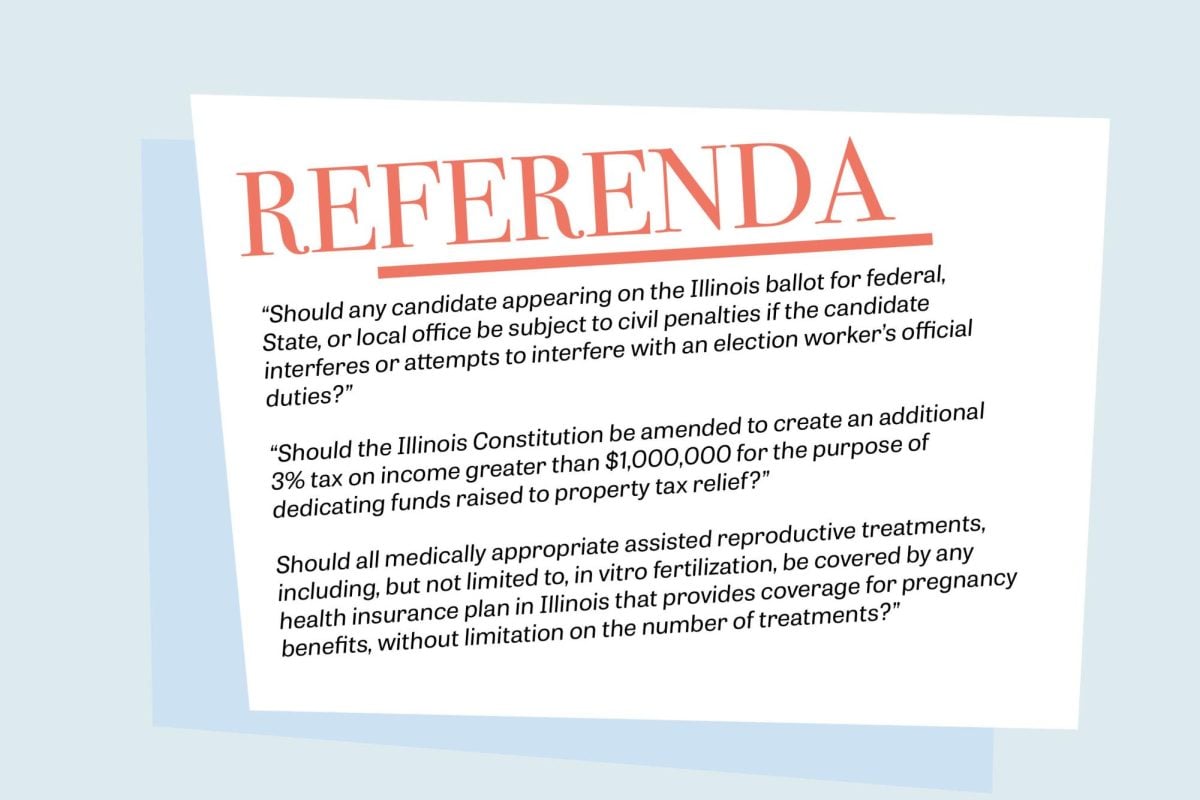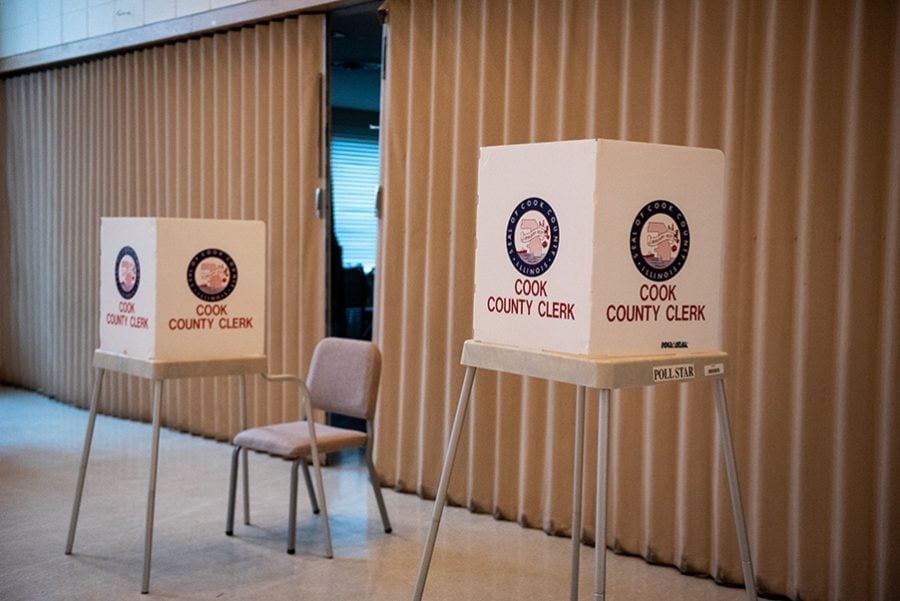Although a bid to legalize medical marijuana barely passed the Illinois House of Representatives on Wednesday, supporters say they are confident it eventually will be signed into law.
If passed, House Bill 0001 will change enforcement of marijuana possession in Evanston and create what the bill’s sponsor, Rep. Lou Lang (D-Skokie), called “the most regulated medical marijuana law in the country.”
“It will be a model for other states,” Lang said. “I’m unreasonably confident this will be signed into law.”
The bill, which passed the House 61-57, would make Illinois the 19th state to legalize medical marijuana. It would allow anyone suffering from one of more than 40 medical conditions to apply for a permit, which would entitle the patient to receive up to 2.5 ounces of marijuana every two weeks from one of the 60 state-regulated dispensaries.
“This bill was never about drugs,” Lang said. “It’s about giving people a better quality of life.”
If the bill passes, Illinois lawmakers will need to create rules for the licensing and regulation of marijuana growers, as the bill allows one grower for each state police district. In addition, the proposed law would change local enforcement of marijuana possession.
The Evanston City Council passed an ordinance in November 2011 reducing the punishment of all marijuana possession of less than 10 grams for first-time offenders. Police said an arrest could be made if an individual were a repeat offender or if there were other charges.
Evanston Police Cmdr. Jay Parrott said enforcement of marijuana possession would change if the state medical marijuana bill is signed into law. If medical marijuana users comply with the state law, police will take no action.
Regulation for medical marijuana usage, however, would differ from that for possession.
The bill makes a provision requiring medical marijuana users suspected of driving under the influence to take a sobriety test. Under the current law, Lang said, sobriety tests under the influences of drugs other than alcohol are optional.
The bill also allows business owners and landlords to decide where smoking medical marijuana is permitted on their premises, Lang said. If someone were to violate this provision, Parrott said other charges, such as disorderly conduct, could apply.
“I hope people who are granted this … will be cognizant of when and where they use this,” Parrott said.
Evanston may need to modify the current city ordinance to specifically address enforcement of medical marijuana usage if the bill passed, Parrott said.
An earlier draft of the bill failed to gain ground after the state Senate passed it in 2009, Lang said.
Dan Linn, executive director of the Illinois chapter of the advocacy group National Organization for the Reform of Marijuana Laws, said the bill is more likely to pass in the Senate, which has fewer representatives than the House.
“To get the bill to go through the biggest hurdle first, we’re doing ourselves a favor down the road,” Linn said, calling the bill’s passage in the House a “bittersweet” moment. “There are people who have died and moved out of state because they did not have access to cannabis.”
Sen. William Haine (D-56th District) sponsors the bill as the Senate reviews it. The Senate did its first reading of the legislation Thursday.
Correction: A previous version of this story misstated the amount of medical marijuana patients would be able to receive. They would be eligible to obtain 2.5 ounces every two weeks. The Daily regrets the error.









